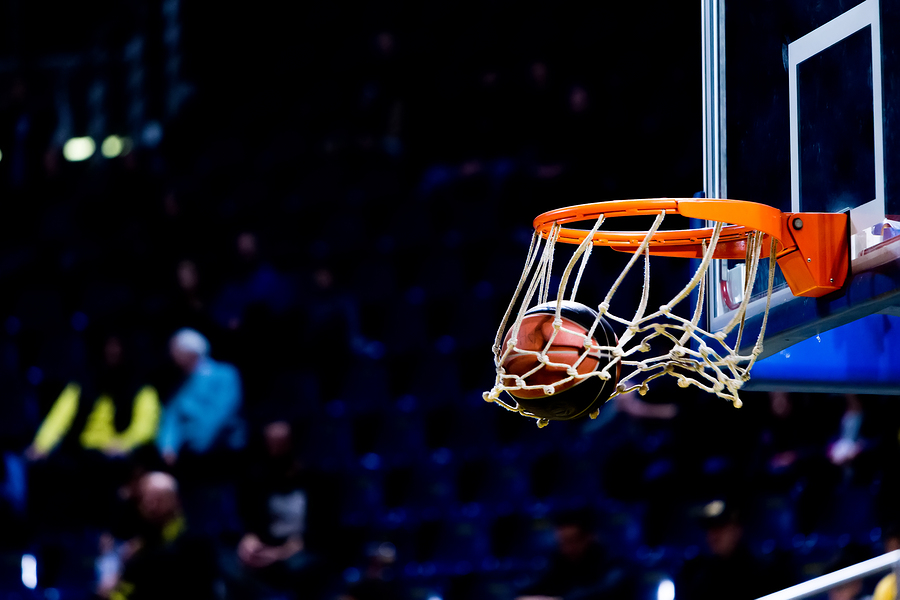
Although many athletes may have strict diets and rigorous training routines, the use of alcohol is actually widespread in the world of sports. Alcohol is used for celebration, relaxation and socializing after a big game or competition. Unfortunately, alcohol can be very detrimental to an athlete’s health and performance especially when it is regularly abused.
Drinking alcohol can affect many things that are necessary for good athletic performance such as motor skills, hydration, aerobic performance and recovery. An athlete who abuses alcohol or develops an issue with alcoholism will have more trouble managing their body composition and they may develop nutritional deficiencies. These issues can lead to an increased risk for injury and longer recovery time after being injured.
Alcohol causes a depression in central nervous system activity which can affect coordination, reaction time, balance, and judgement. Athletes who abuse alcohol may find that they are not able to perform as well, will make more mistakes and suffer serious setbacks in their competitions. They will have many short and long term health issues that can negatively affect their career if they continue to abuse alcohol on a regular basis.
Most athletes understand how important it is to give their body the right fuel and take care of their health so that they can perform at their best. When it comes to alcohol, many begin to use it to ease stress and they become addicted. Alcohol consumption can have a very negative impact on the body especially when used frequently after strenuous athletic performances.
Athletes need the right nutrients and hydration levels to recover from their competitive events and alcohol can jeopardize their ability to maintain their body for the next performance. In order to maintain optimal health and experience the best performances, athletes should limit their alcohol intake as much as possible.